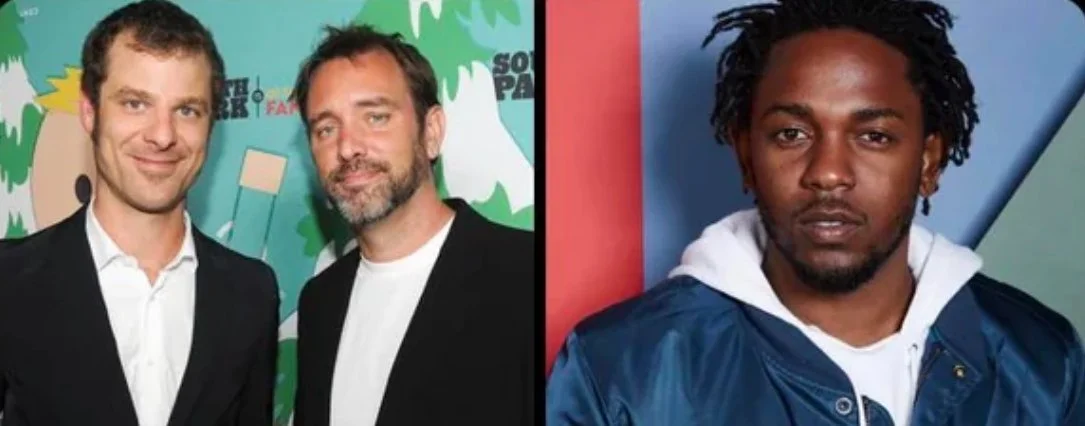The show that arguably paved the way for a new wave of dramas not operating in a normal linear format. Written by Nic Pizzolatto and directed by Cary Fukunaga, “True Detective” (season one) turns six this year. From its psychospiritual monologues, harrowing events, electric performances, and gripping storytelling, this puzzle of a show remains one of the single best seasons of television ever made.
However, somehow this highly-rated and most beloved season of TV also remains (in some corners) still under-seen. “Time is a flat circle”. The iconic line delivered by Matthew McConaughey’s Rust Cohle as he carved apart beer cans while retracing his steps in the unsolved Dora Lange murder of 1995, some 17 years later. The use of time in itself is probably what this 8-hour spectacle was praised for the most upon release. The ability to perfectly intertwine distinctive time periods, that give the audience just enough information to chew on while not giving the game away is what gives this show a perfect balance. It’s refined storytelling, so much so that even with all the existential talk about the “meaningless of life” and the vocal gymnastics from Rust Cohle, it feels as if this season doesn’t have an inch of fat on it, not one minute is misplaced or unnecessary, even the constant bashing of the meaning of life (ironically and you’d imagine intentionally) has huge meaning, especially during the season’s final moments.
With Pizzolatto’s extremely for want of a better phrase, ‘wordy’ writing, Cary Fukunaga’s direction was a tremendous match to those words on the page. Not only capturing the distinctive time periods effortlessly, but delivering everything from tension-filled moments between characters to some of the most underrated set-pieces ever seen on TV. The undoubted best episode, titled “Who Goes There,” climaxes with one of the greatest one-shot takes in recent memory, dragging you every step of the way for six excruciating minutes as Rust battles to escape a tight situation. No car chases, no gunfights, no expensive explosions, just an actor at the top of his game and a director with mastery for tension. A moment that not only made our countdown of the “top tracking shots of all time” and that landed Fukunaga and DP Adam Arkpaw an Emmy each, but an episode up there with the greatest in television history. “Ozymandius” of “Breaking Bad” (directed by Rian Johnson) is one other that comes to mind when dealing with this kind of masterful tension.
And on the subject of actors at the top of their game, it’s no grand statement to say this was the pinnacle of performance for both Matthew McConaughey and Woody Harrelson. Two faces so used to the big screen, even though their career-defining roles now sit on the small. At the time of release, McConaughey’s stock had never been higher, dubbed “The McConnaisance” his career transformation culminated in 2014 in his Oscar win for “Dallas Buyers Club” a great performance nonetheless, but one that failed to reach the level of his turn as the broken, philosophical, deeply troubled, walking puzzle that is Rust Cohle. Originally offered the Harrelson role, McConaughey fought for the part of Rust, and never has an actor and script been so in line with one another. An actor and a man famous for his voice and script loading him up with ammo in the form of pages upon pages of dialogue designed to provoke thought and questions. His interview scenes in the 2012 time period almost operate as a fourth wall break, just one man, a few beers, and a whole lot of words, and he has you hanging off every single one.
Meanwhile, Harrelson has also never been better as Martin “Marty” Hart. Presenting himself at the beginning as a run-of-the-mill cop and family man, confused by Cohle’s actions at every turn, but his performance as 2012 Marty shows us there are clear demons in his past, and sure enough, his life begins to unravel and we learn about his misdemeanors episode by episode, through a collection of bad choices, so much so that the show almost flips its characters on their heads, asking the audience if either of these characters could be likable? Or more importantly, are they good men?
Few seasons of television have been better at leading audiences on a merry dance, allowing you to collect clue after clue until you’re sure you know what’s going on, only for a (mid-season) rug pull to leave you bewildered as to how the final few episodes can play out. Its melancholic and, somewhat, dense nature could well be a dialogue overload for some, but for any fan of the crime genre, or anyone wanting to be transported to a world of tension, deceit, brutality, viscerally great scenes, untouchable storytelling, and top of the line performances, this is a landmark show in the history of the medium.





